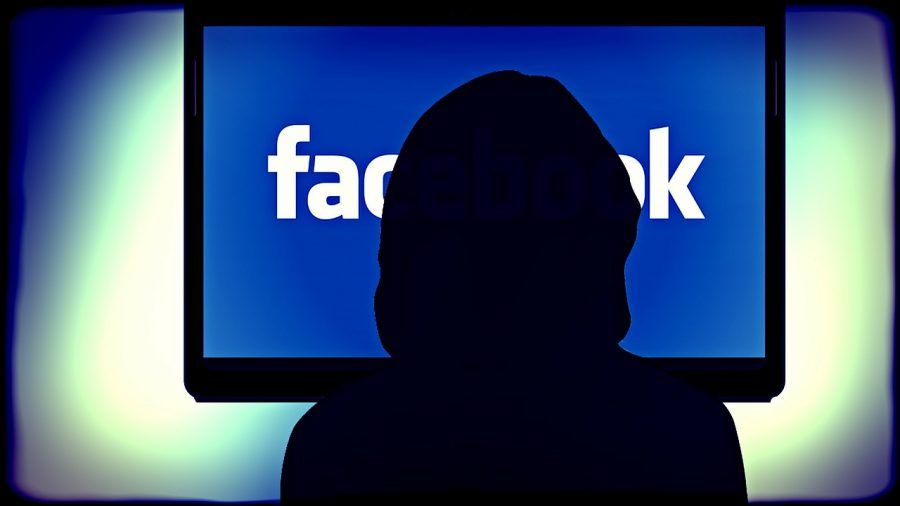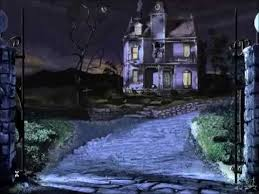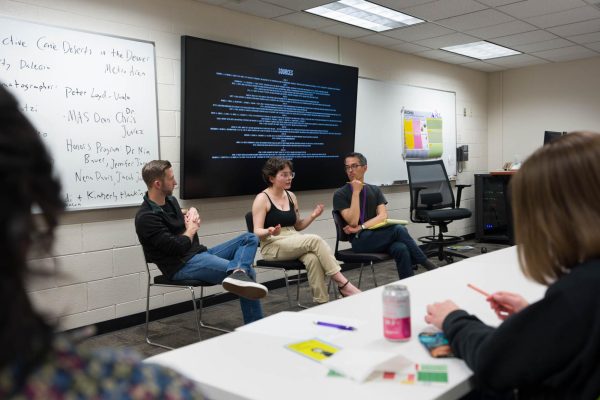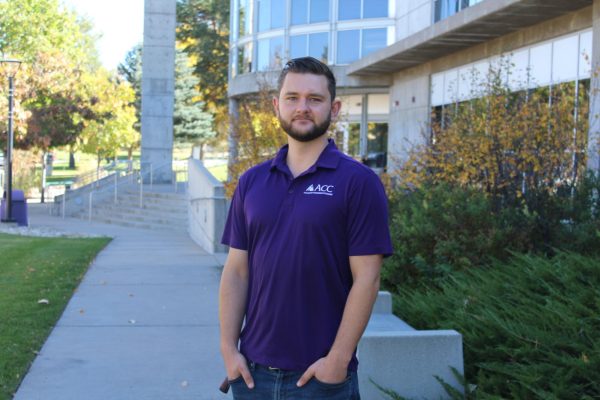Alone Together: Does Facebook Equal Loneliness?
I will admit it, I am guilty.
I am guilty of having a Facebook addiction that tends to express itself as a couple hours spent per day scrolling through news feeds and social updates. I am among those faithful “Facebookers” who use their accounts to post pictures, complaints, goals, dreams, and even birthday wishes to my fellow Facebook friends.
It keeps me up to date and connected with the rest of the planet without having to leave the safety of my own little world. Funnily enough, though, I can honestly say that the moments I feel the most connected with other people is when I am spending quality time with my three best friends and Facebook is set aside. Why is it that I find more enjoyment and connection when I am with three friends than three hundred “friends”?
Well, Stephen Marche explains these connection conundrums in his article, “Is Facebook Making Us Lonely,” arguing that social media sites may not be as great as we have made them out to be. He focuses mainly on the effects that Facebook has had on society, suggesting that it has become a main cause for loneliness. Furthermore, Marche explores the paradoxical issue presented by social mediums, particularly Facebook: namely, that while it was created in order to keep people connected, it seems that loneliness is continuing to rise at an alarming rate. However, it seems fair to suggest that the rise in loneliness is just a scratch, albeit a significant one, on the surface of the human psyche as a result of the social medium. It is apparent that Facebook has gone so far as to make people forget that friendship is an action and has contributed to a distorted sense of self-worth.
In his article, Marche points out that the nature of Facebook is to keep people connected and that “. . . we have never been more accessible [than we are today]”. However, he notes that ironically this easy access has not eliminated “our growing fear of loneliness” and that “connections. . . [are] broader but shallower” (Marche). Why does this baffling effect seem to result from Facebook? Well, when we explore the idea that making real friends is a process rather than simply pushing a button, it becomes clear.
Let me explain what I mean.
When we engage in a conventional, face-to-face relationship, we tend to slowly reveal our deepest selves to the other person, and they to us. We get to know them beyond the forced, generic questions relating to favorite color, favorite band, favorite food, and so on. When we interact in this physical capacity, we are using all of our senses, not just our vision, to discover who they really are as a moving, living, three-dimensional being, with embarrassing moments, pet peeves, and habits. The opportunity to discover these facets that make us up as unique individuals gives us the opportunity to solve a complexity, so to speak. Consequently, the likelihood that either person will grow tired of the other quickly or settle for knowing less than everything about them is rather low.
In contrast, because Facebook is a two-dimensional world of pictures, posts, and emojis, the necessary elements that are critical for an authentic connection to occur are lacking. Not to mention, instead of trying to get to know one person anymore, we are constantly working to keep the attention of hundreds of people at once. The danger in trying to maintain the fleeting interest of so many “friends” over a medium that is in constant motion is that we are liable to drift away from our authentic selves in order to stay “connected”. When we see that our picture only secured fifty “likes” rather than one hundred, we start to believe that what we are is not enough to ensure our social security. We begin to feel the need to control how other people socially perceive and know us by creating a virtual reality to post on our timeline.
Marche explains that “[t]he beauty of Facebook, the source of its power, is that it enables us to be social while sparing us the embarrassing reality of society. . . [i]nstead, we have the lovely smoothness of a seemingly social machine. Everything’s so simple: status updates, pictures, your wall.”
But can this sense that we need to create a new, pretend reality because ours is not enough promote authentic living, and in turn, true happiness? In my opinion, no, it cannot. Marche seems to agree. He maintains that “foster[ing] the appearance of our own social bounty. . . being happy all the time, pretending to be happy, actually attempting to be happy—it’s exhausting” (Marche).
While it must be said that Facebook has certainly given millions of people the opportunity to stay connected, and even helps people reconnect with long lost friends, it is apparent that it has also robbed many people of building real relationships, and failed many times to foster authentic self-worth. Marche puts it aptly when he says that “[u]sing social media doesn’t create new social networks. . . [f]or the most part, Facebook doesn’t destroy friendships—but it doesn’t create them either”.
In other words, Facebook cannot offer us the platform that we need in order to discover real people in real life. Perhaps in order to start ridding our society from the loneliness epidemic, we need to set Facebook aside, go out into the world with our eyes and minds wide open, and start introducing ourselves to the many other beautiful complexities walking around us, just waiting to be discovered.











